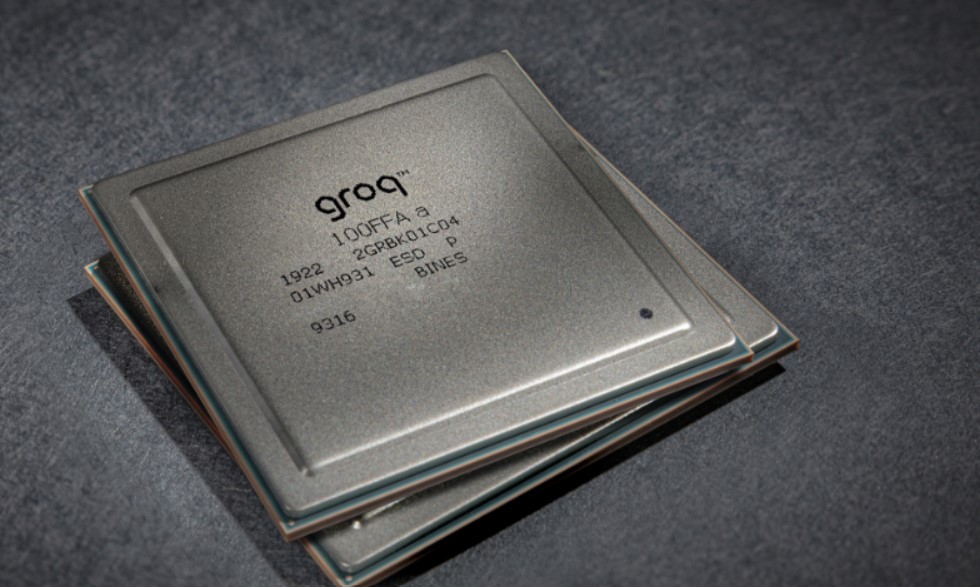Elon Musk's recent lawsuit against OpenAI has ignited a public war of words, with both parties offering contrasting narratives. Here's a summary of the key points:
Musk's Alleged Control Attempts:
- OpenAI, in response to the lawsuit, revealed emails suggesting Musk desired either a merger with Tesla or full control of the organization between 2015 and 2018.
- OpenAI refused, stating such control would contradict their mission and values.
Failed Merger Discussions and Tesla Ties:
- When merger talks stalled, Musk proposed attaching OpenAI to Tesla for funding.
- He reportedly questioned OpenAI's relevance unless it adopted drastic changes and received significant resources.
Lawsuit and Denials:
- Musk's lawsuit accuses OpenAI of breaching agreements and unfairly competing after accepting a $13 billion investment from Microsoft.
- OpenAI denies these claims and clarifies that "Open" in their name doesn't necessitate open-sourcing all technology.
- They express disappointment the situation has reached litigation.
Next Steps:
- Musk hasn't publicly responded to OpenAI's blog post.
- His lawsuit seeks to force open-sourcing of OpenAI's research and prevent exclusive partnerships.
- OpenAI intends to dismiss all claims against them.
Overall, the dispute highlights the contrasting visions for OpenAI's future and the complexities surrounding control and funding in the rapidly evolving field of artificial intelligence.





